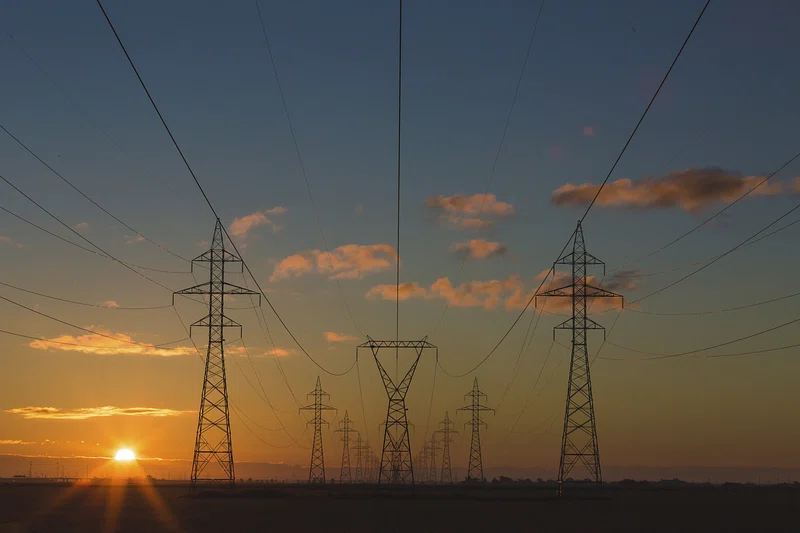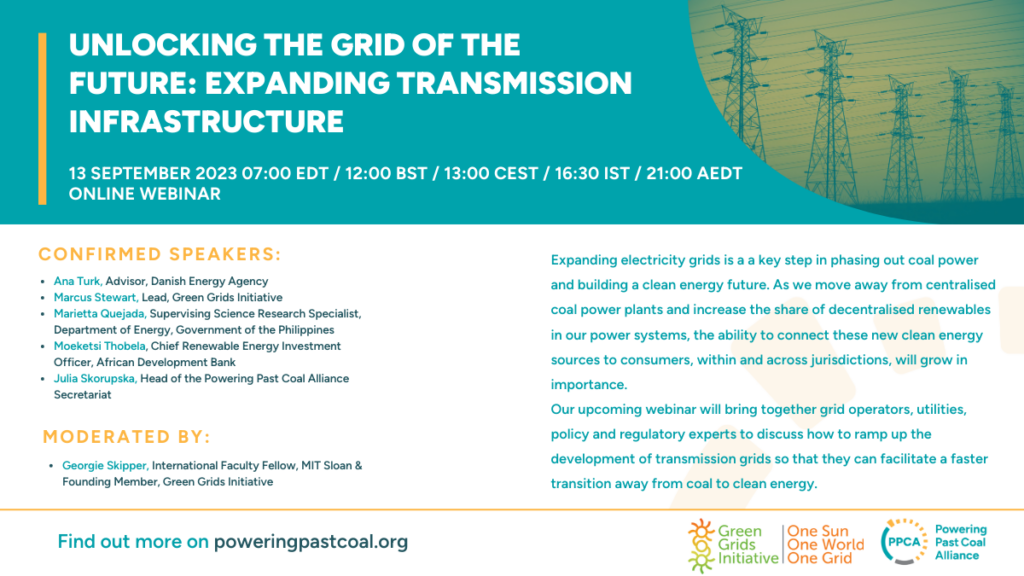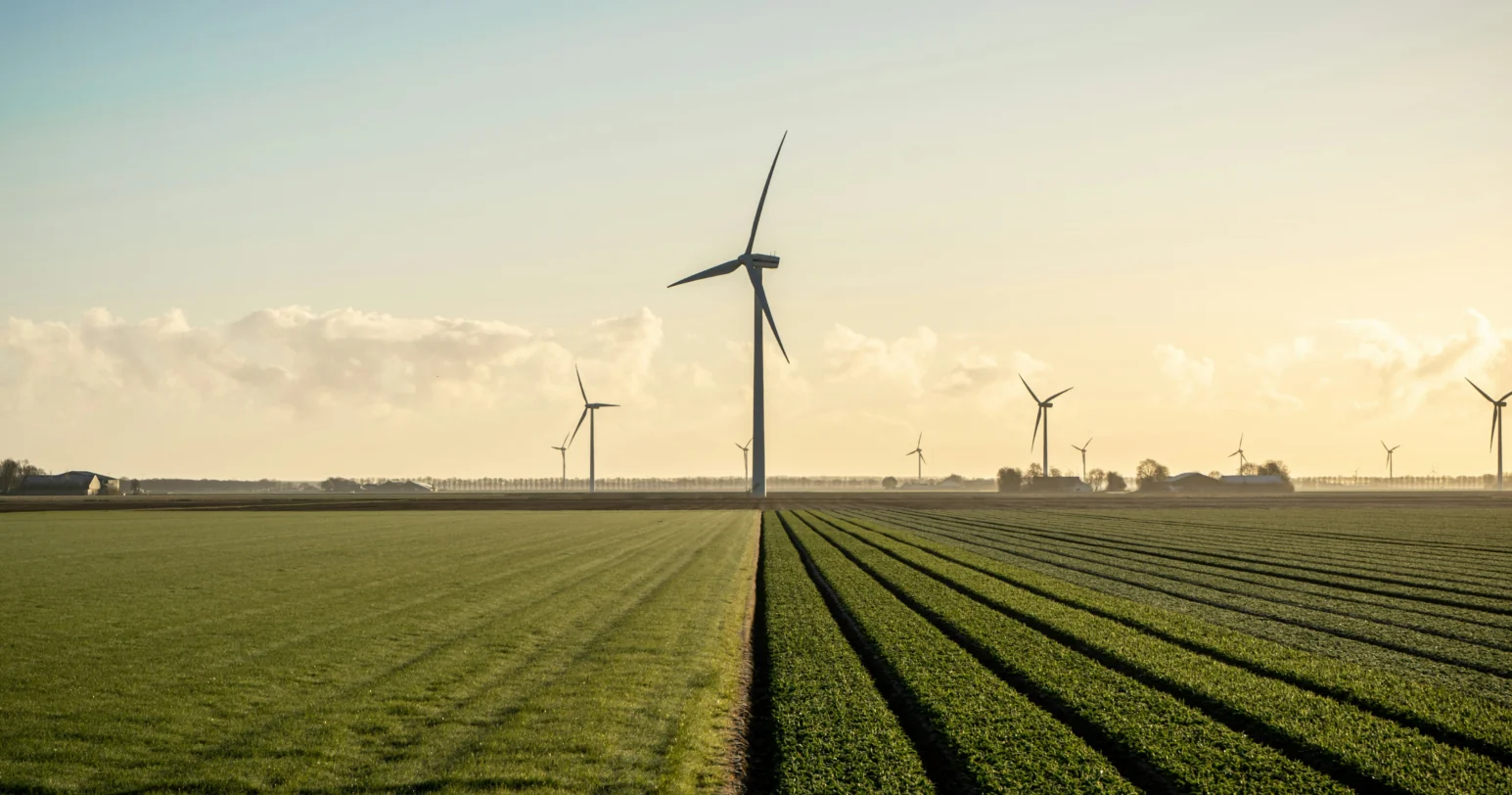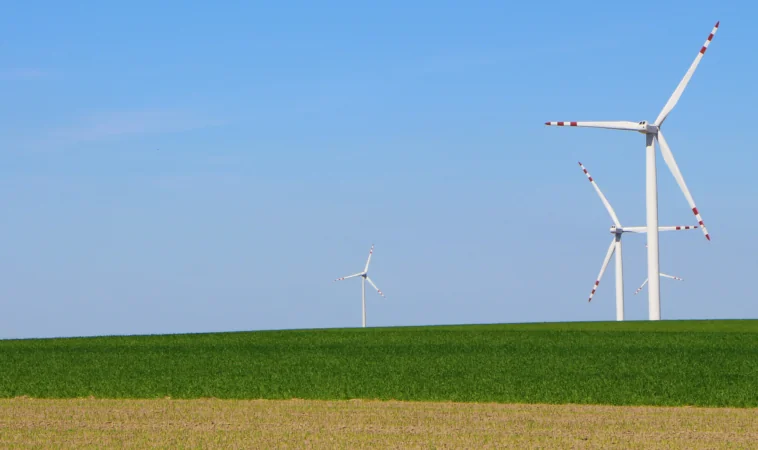

The Powering Past Coal Alliance and Green Grids Initiative hosted a discussion on how to transition the electricity grid from coal to clean energy. We focused on expanding transmission grids, used for transmitting power over long distances.
Watch the recording below.
Date: 13 September 2023, 07:00 EDT / 12:00 BST / 13:00 CEST / 16:30 IST / 21:00 AEDT
Online, register here: https://zoom.us/webinar/register/WN_5TyMdGSKSruHVd395azhqA
Our webinar brought together grid operators, utilities, policy and regulatory experts to discuss how to ramp up the development of transmission grids to facilitate a faster transition away from coal to clean energy.
It featured experts from Denmark, the Philippines, and the African Development Bank, who outlined their strategies for integrating more renewable energy sources into the grid and expanding it within countries and across borders. It also introduced a brand-new tool toolkit developed by the Green Grids Initiative for grid operators, policymakers, and other stakeholders in the energy sector. It addressed the technical challenges of electricity system transition and presents state-of-the-art practices.
Background:
- Expanding electricity grids is a a key step in phasing out coal power and building a clean energy future. As we move away from centralised coal power plants and increase the share of decentralised renewables in our power systems, the ability to connect these new clean energy sources to consumers, within and across jurisdictions, will grow in importance.
- Grids are complex and expensive systems to develop. One category of grid infrastructure requires particular attention: transmission grids. They serve as the conduit for the long-range transport of power, from its generation sites to end-users such as homes and businesses.
- Traditionally, transmission lines have been connected to fossil fuel power plants. As generation sources are becoming more diverse and decentralised through the clean energy transition, transmission grids need to be expanded, within jurisdictions and across borders, through interconnectors.
- Many challenges remain in deploying them, including large investments required up front, extensive planning and permitting processes, and the need for coordination of efforts across various jurisdictions.
The PPCA and GGI encouraged decision makers, grid operators, utilities and other stakeholders in the energy sector to work together and learn from each other to address the challenges of developing the grids, so that they can play their part in delivering the energy transition.
Expanding power grids lowers emissions, promotes economic development by bringing cheaper, renewable energy to wider areas, and enhances security of supply, by creating larger markets that can draw on a wider range of resources.
Agenda (in BST)
| 12:00-12:05 | Welcome Remarks: Julia Skorupska, Powering Past Coal Alliance Moderator Introduction: Georgie Skipper, IFF & Visiting Scholar, MIT Sloan |
| 12:05-12:10 | Opening Keynote: Andreas Sejr Andersen, Advisor, Danish Energy Agency |
| 12:10-12:15 | Presentation: Introduction to GGI’s Electricity Transition Playbook Marcus Stewart, Lead, Green Grids Initiative |
| 12:15-12:25 | Building transmission infrastructure to connect renewable generation to demand centres: The Philippine experience Marietta Quejada, Supervising Science Research Specialist, Department of Energy, Government of the Philippines |
| 12:25-12:35 | Building transmission interconnections between jurisdictions: Moeketsi Thobela, Chief Renewable Energy Investment Officer, African Development Bank |
| 12:35-13:00 | Q&A with speakers and Wrap-Up |
To learn more about transitioning the grids, read the summary and watch the recording of the previous webinar which brought together industry experts from National Grid, California System Operator (CAISO), Pembina Institute, and the German government.




